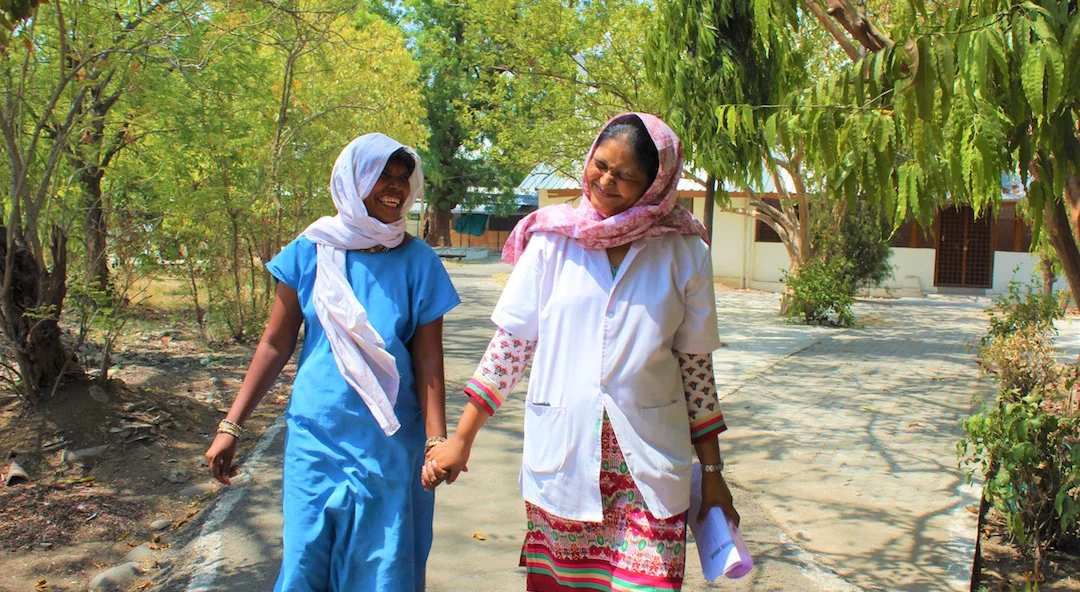The Tata Trusts have been involved in running mental health programmes in India for over four decades, and started its Udaan initiative specifically to tackle issues of mental health. Udaan’s programmes have helped to develop and strengthen rescue, recovery and rehabilitation work for people across the country, particularly among lower-income and marginalised communities who have traditionally been left out of the ambit of mental healthcare.
In the past decade, Udaan has collaborated with the Government of Maharashtra to undertake a few critical mental health initiatives. The first involves the complete overhaul of the Regional Mental Health Hospital in Nagpur, a 150-year-old psychiatric hospital serving 24 million people across 11 districts in the state’s Vidarbha region. Another initiative is establishing a district-level community mental health programme in Nagpur, to provide doorstep services for five million people. Other initiatives include building a technical support unit for state government mental health services, as well as a psychosocial programme to provide distressed farmers and people with mental illnesses better access to mental healthcare.
Some of these Udaan initiatives are now being taken further by local grassroots organisations. One of them is the Anayatta Foundation, a small non-profit company working on a variety of social justice causes in Maharashtra.
The project supported by MFE:
Regional Mental Health Hospital
The Nagpur Regional Mental Health Hospital, a government psychiatric facility, has 940 beds and an average occupancy of 600 patients. At least 30% of these are long-stay patients who stay in the hospital for as many as 25 years. Under this project, initiated in 2016, Udaan sought to reform the Nagpur hospital and turn it into a centre for excellence in the field of mental health.
One part of the reform has been infrastructural: building a state-of-the-art data management system that can serve as a prototype for other psychiatric hospitals, improving living conditions for patients in accordance with the Quality Rights Framework, creating reform-oriented wards, transit wards and family wards, and creating an archive of the rich history of the hospital and its work.
The other part of the reform has focused on plugging the gaps in care provision for patients. This work will now be taken up by Anayatta Foundation, in collaboration with the state government and with the support of MFE. Over a three-year period, the Foundation aims to rehabilitate long-term patients by facilitating exit pathways out of the hospital for them, and helping them reintegrate into society. These pathways include making care-protocols more recovery-centric, building skills for long-term patients and their caregivers, and linking them to viable employment.

